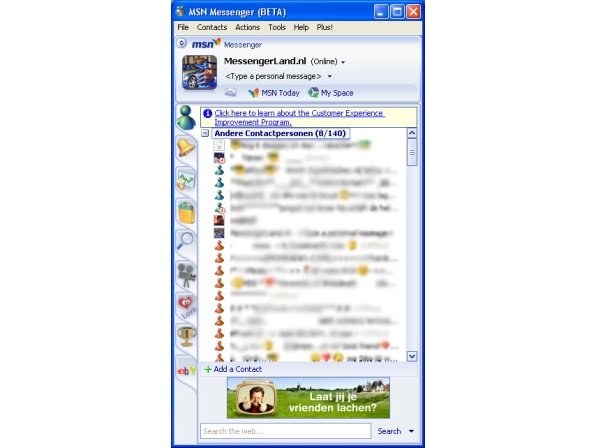New virus spread by MSN Messenger
If infected, the virus spreads to all MSN contacts

Beware of the latest computer virus to hit MSN Messenger - it tricks users to click on a link that looks like a .jpg image. It actually links to an infected .pif file which starts to install on the user's PC.
According to Scandinavian security website Virus112 , the virus is an updated version of a virus that has previously hit MSN Messenger.
Referred to as W32.Licat.E, the virus could display the text 'is that u? http://tuspics.tu.funpic.org/*******?*****.jpg' (the asterisks would be replaced by the user's name).
So far, the virus is classified as a medium-sized threat, but has not spread extensively. It affects Windows 95, 98, 2000, Me, XP and 2003.
Users tricked into clicking the link start the file that carries the virus. According to Virus112, the virus begins installing various applications found via the web on the user's computer.
Adverts start popping up on screen and a 'back door' that can be used for remotely controlling the PC is installed. The virus then spreads to all contacts on the user's MSN Messenger list.
Virus112 states that only three of the 27 anti-virus programs it has tested would detect the virus.
Get daily insight, inspiration and deals in your inbox
Sign up for breaking news, reviews, opinion, top tech deals, and more.
MSN Messenger users are advised not to click on any suspect links to websites or files, even if they are sent from trusted contacts, or by email or chat programs.
Tech.co.uk was the former name of TechRadar.com. Its staff were at the forefront of the digital publishing revolution, and spearheaded the move to bring consumer technology journalism to its natural home – online. Many of the current TechRadar staff started life a Tech.co.uk staff writer, covering everything from the emerging smartphone market to the evolving market of personal computers. Think of it as the building blocks of the TechRadar you love today.